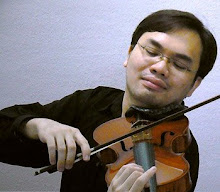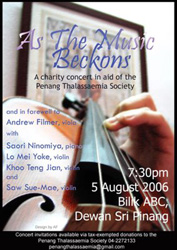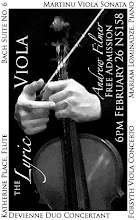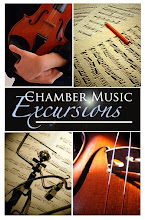Saturday, June 04, 2005
And That's How You Spell Muzak
Some eighth-grader (home schooled too) won a national spelling bee in the US, earning himself some US$28K in benefits. While people in the academic world of linguistics would (rightly, methinks) challenge the importance on spelling today as a focus of study, it perhaps comes down to just the sheer training and development of memory ability. (In this arena Shinichi Suzuki would say we all start off with equal talent.) The final word was interestingly musical: “appoggiatura”, but more interesting for the following reasons:
1. The word isn’t really English, but Italian – still regarded under “Italian terms” in music classes, unlike a word like “ketchup” which has been altered from the Malay “kicap” (originally, both had a more general meaning of any sauce to place over meat or fish).
2. If you can pretend it has become English, it certainly isn’t American, since they go by “grace note” or “leaning note”.
3. The English-leaning pronunciation is “Ah-poe-jah-TOR-rah”, which itself is unusual since multi-syllabic words in English tend to choose the syllable third from the end as the emphasized ‘anchor’.
4. The news people tends to summarize the definition of the word as being “a melodic note” and while all musicians will know how to play it, it is interesting to note what exactly it entails – this link is rather in-depth. If the source is accurate, it is less “melodic” than “dissonant”, – and interestingly enough an appoggiatura would be not half, but two thirds of the following note if that note is a dotted note.
Btw, "muzak" is, apparently what they call "canned music" i.e. background music in elavators, waiting rooms, etc.
Subscribe to:
Post Comments (Atom)






No comments:
Post a Comment